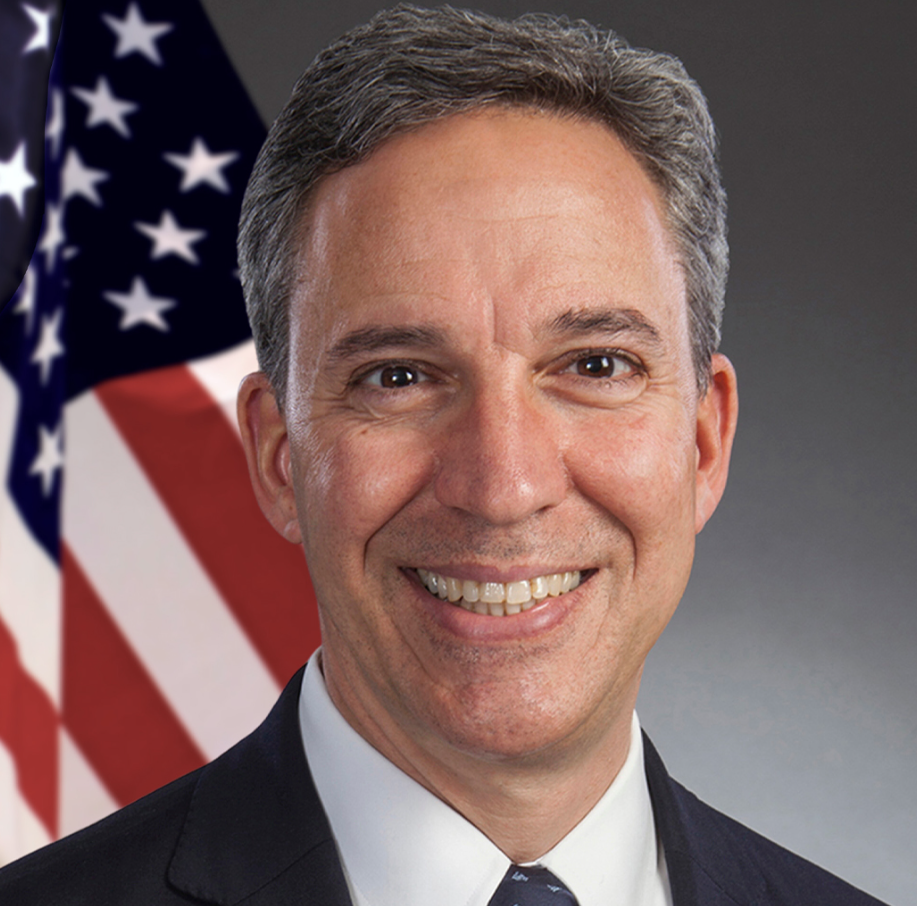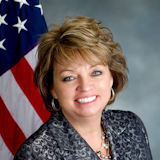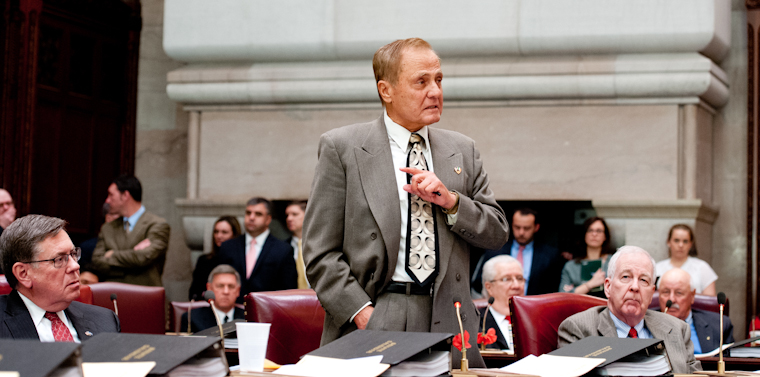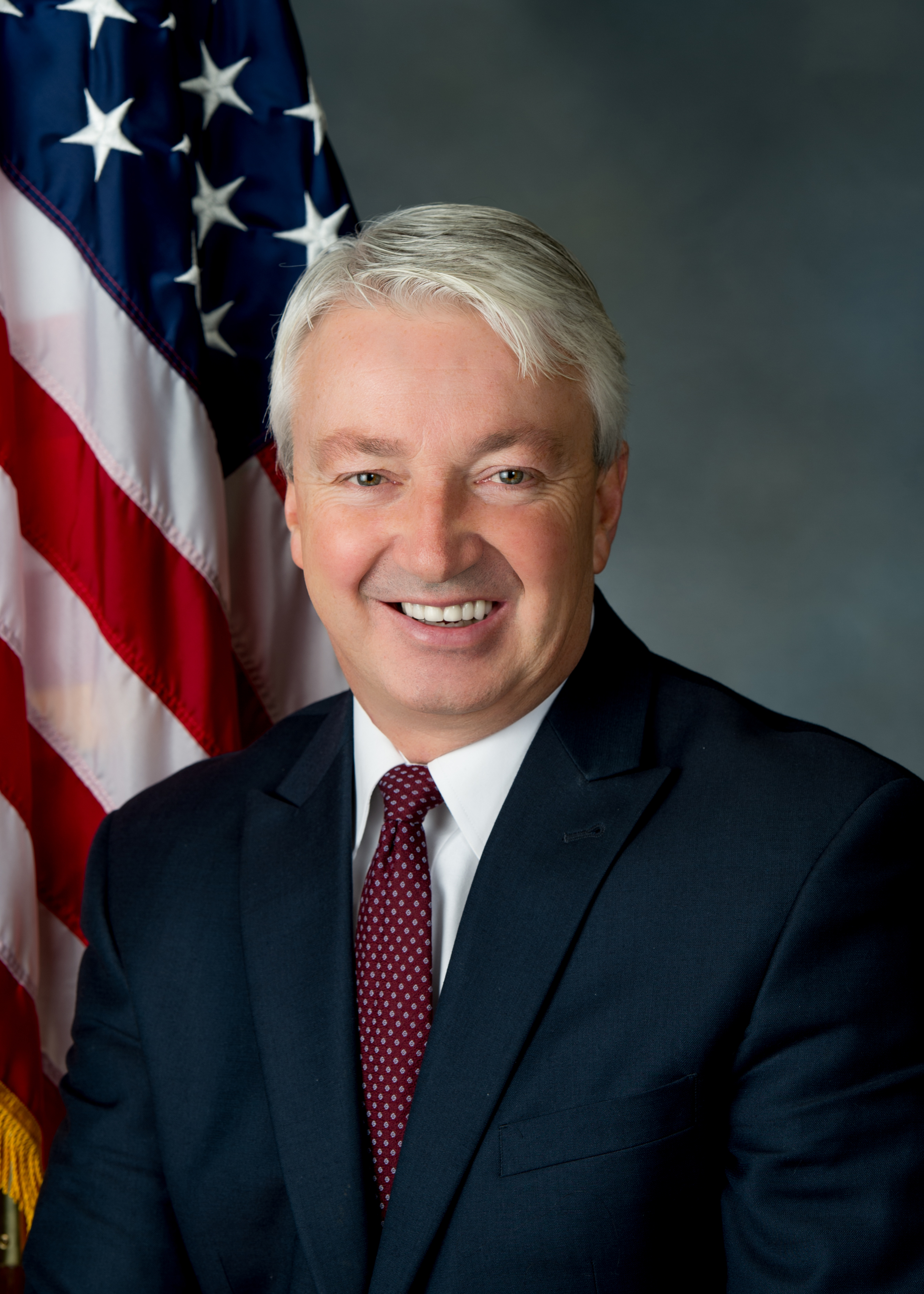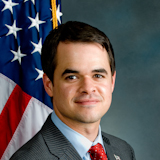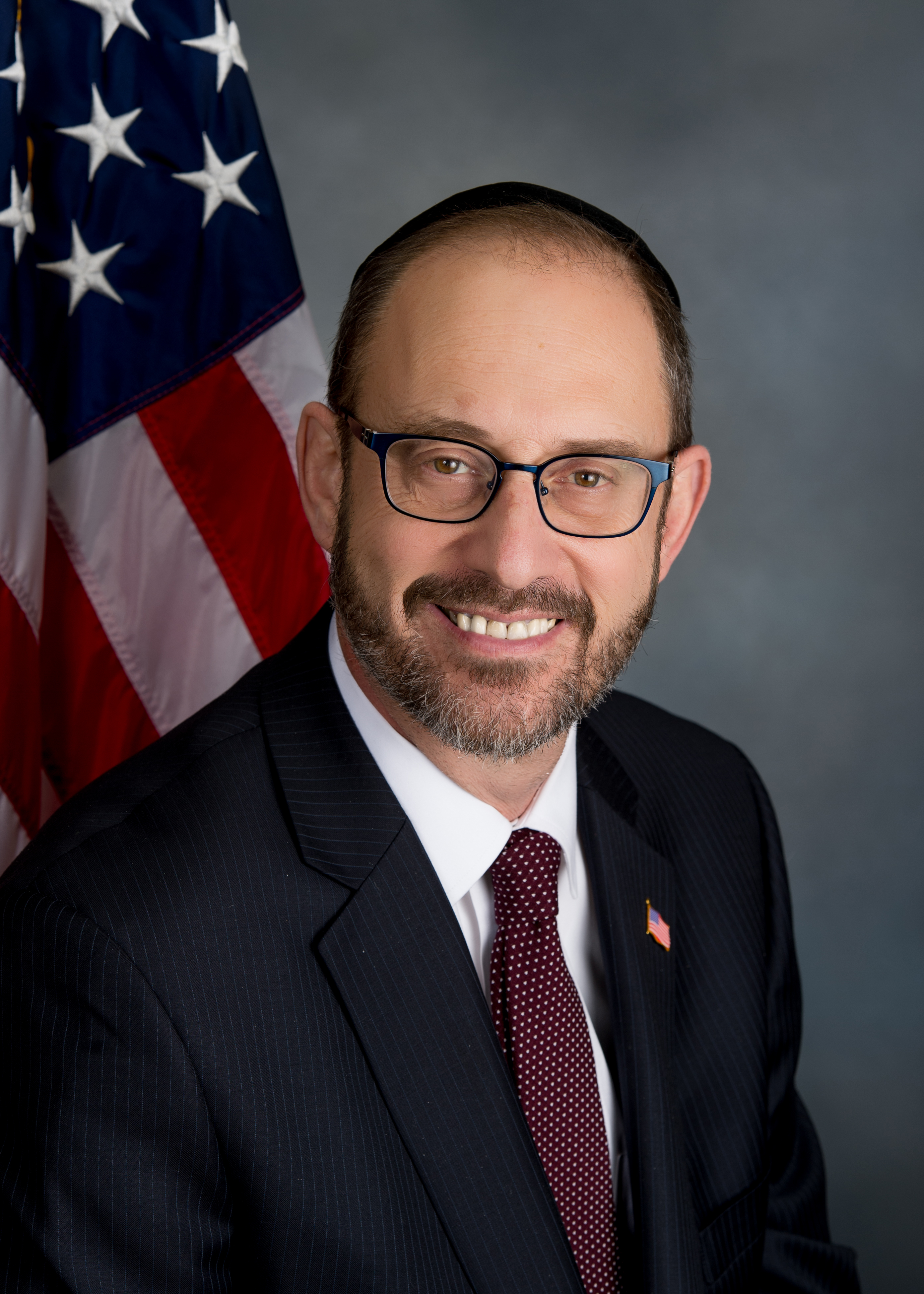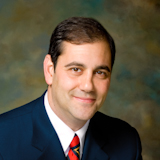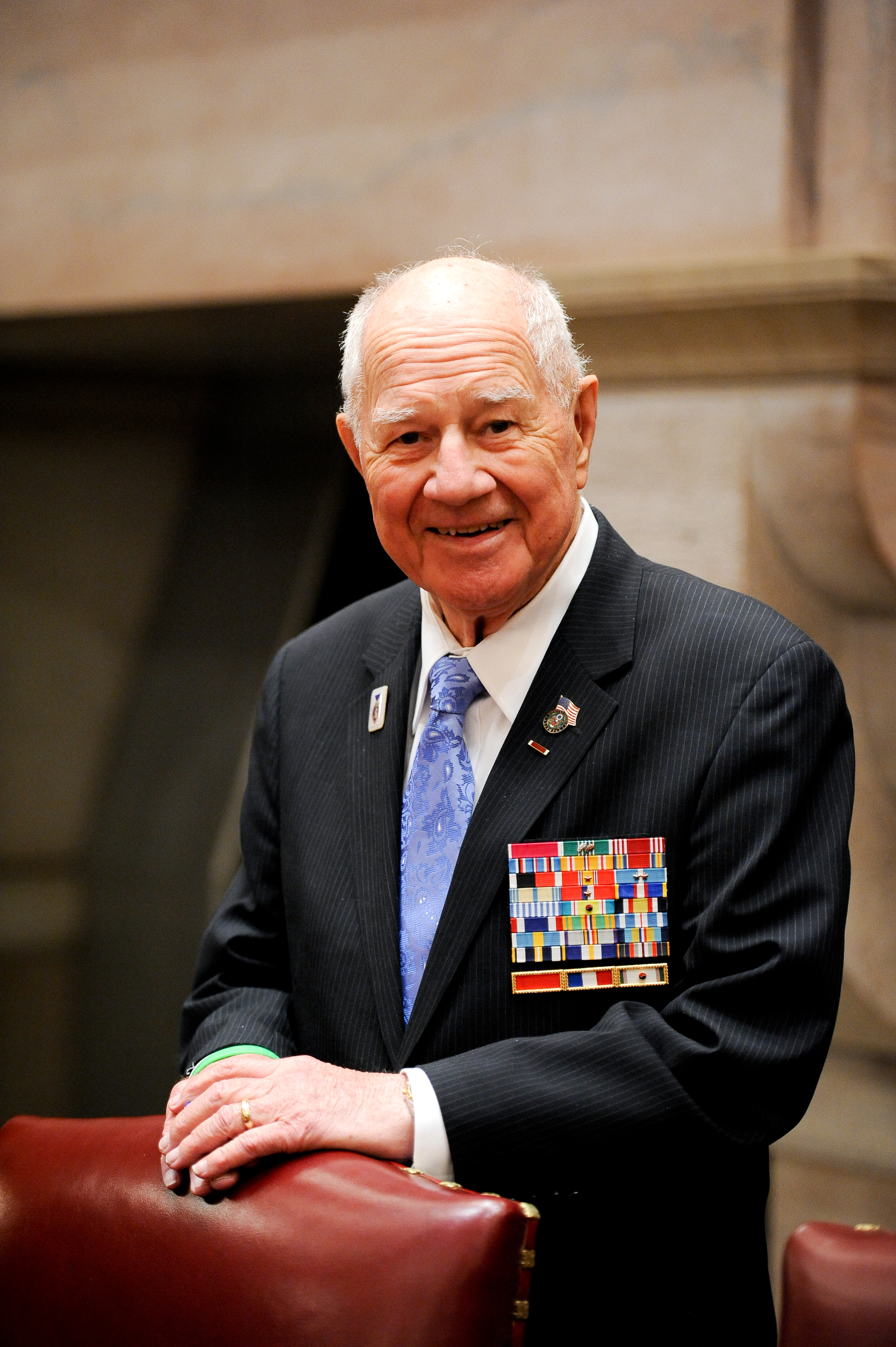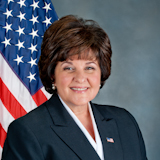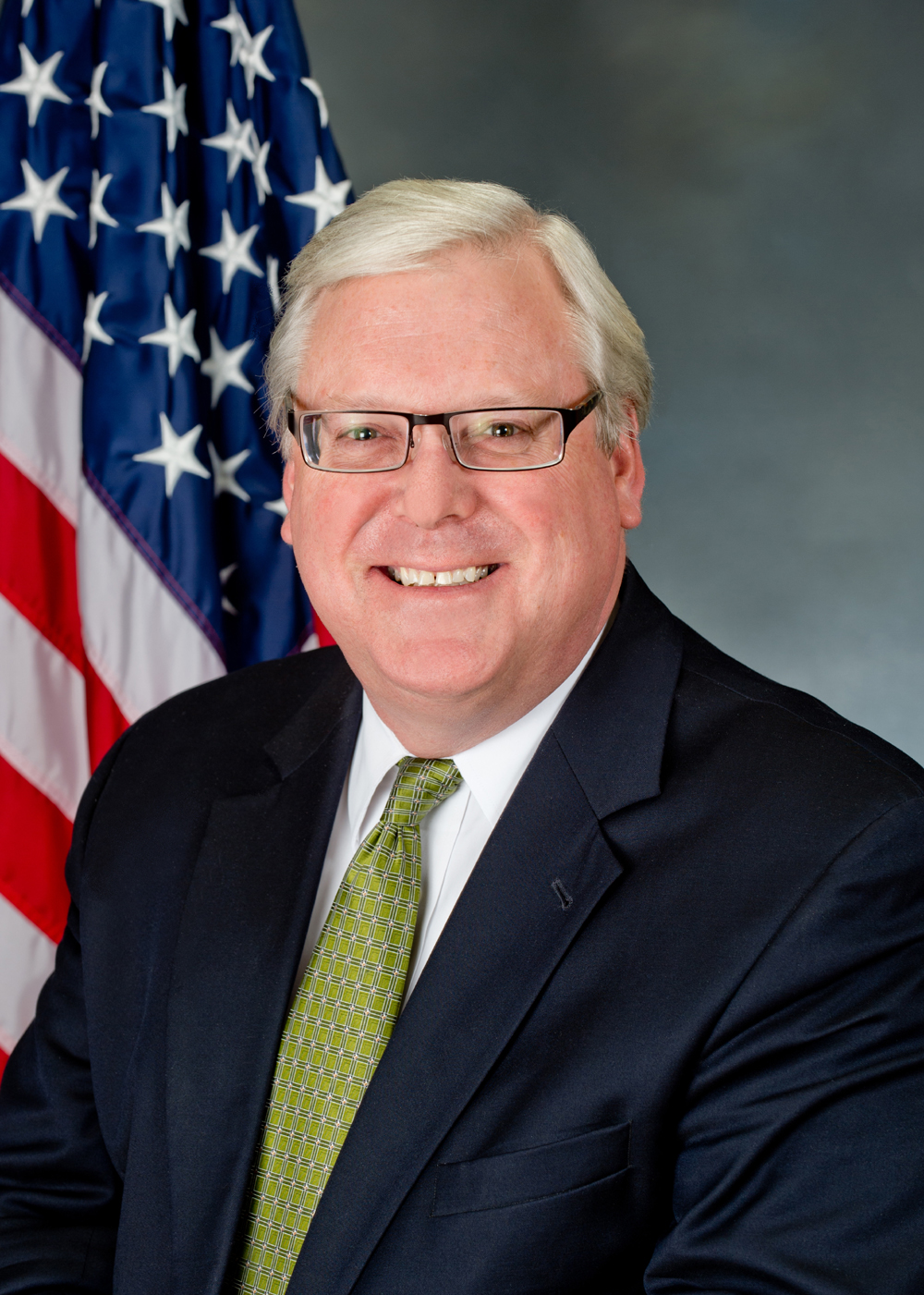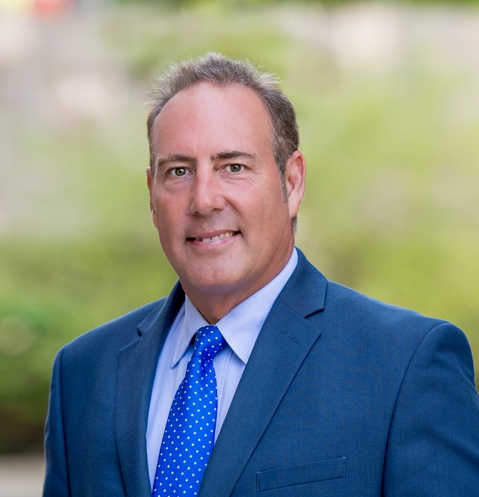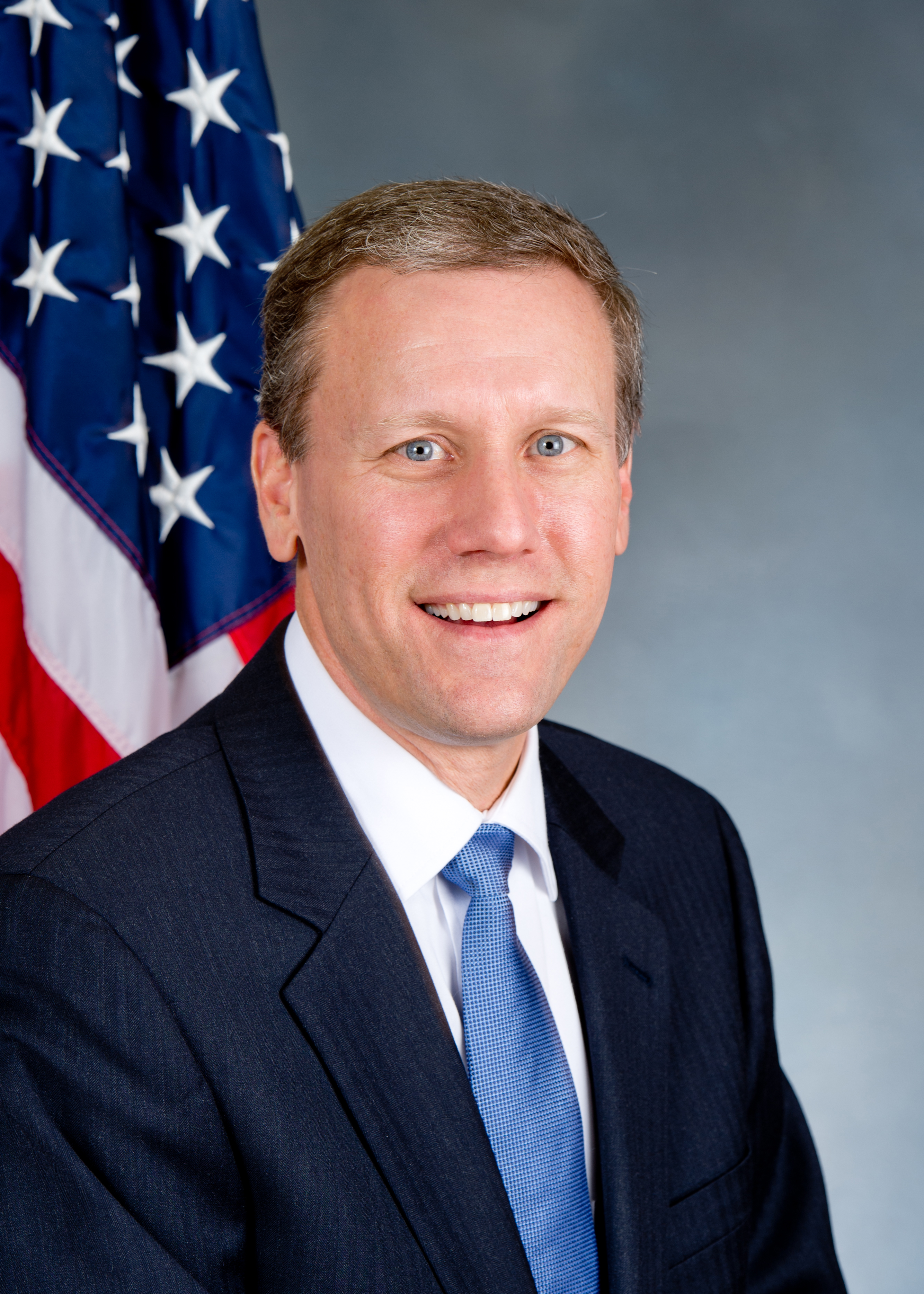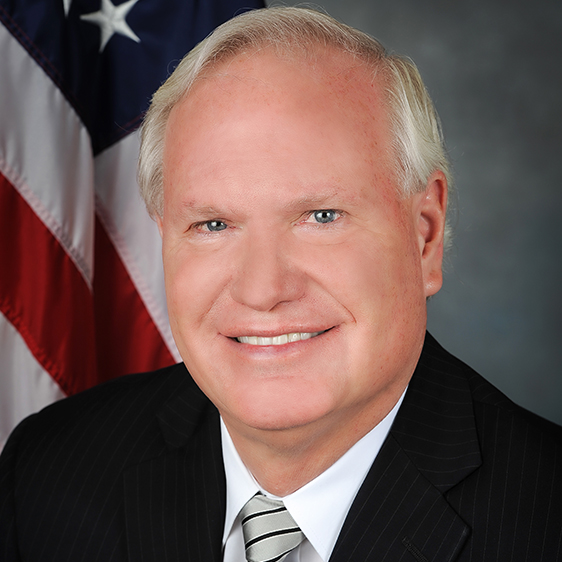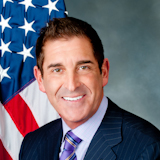S. 7912 2 A. 10164
AND THAT ARE CONSISTENT WITH THOSE IMPOSED ON OTHER BENEFITS WITHIN A
GIVEN POLICY.
(31) (A) EVERY POLICY THAT PROVIDES MEDICAL, MAJOR MEDICAL OR SIMILAR
COMPREHENSIVE-TYPE COVERAGE MUST PROVIDE OUTPATIENT COVERAGE FOR THE
DIAGNOSIS AND TREATMENT OF SUBSTANCE USE DISORDER, INCLUDING DETOXIFICA-
TION AND REHABILITATION SERVICES. SUCH COVERAGE SHALL NOT APPLY FINAN-
CIAL REQUIREMENTS OR TREATMENT LIMITATIONS TO OUTPATIENT SUBSTANCE USE
DISORDER BENEFITS THAT ARE MORE RESTRICTIVE THAN THE PREDOMINANT FINAN-
CIAL REQUIREMENTS AND TREATMENT LIMITATIONS APPLIED TO SUBSTANTIALLY ALL
MEDICAL AND SURGICAL BENEFITS COVERED BY THE POLICY. FURTHER, SUCH
COVERAGE SHALL BE PROVIDED CONSISTENT WITH THE FEDERAL PAUL WELLSTONE
AND PETE DOMENICI MENTAL HEALTH PARITY AND ADDICTION EQUITY ACT OF 2008
(29 U.S.C. S 1185A).
(B) COVERAGE UNDER THIS PARAGRAPH MAY BE LIMITED TO FACILITIES IN NEW
YORK STATE CERTIFIED BY THE OFFICE OF ALCOHOLISM AND SUBSTANCE ABUSE
SERVICES OR LICENSED BY SUCH OFFICE AS OUTPATIENT CLINICS OR MEDICALLY
SUPERVISED AMBULATORY SUBSTANCE ABUSE PROGRAMS AND, IN OTHER STATES, TO
THOSE WHICH ARE ACCREDITED BY THE JOINT COMMISSION AS ALCOHOLISM OR
CHEMICAL DEPENDENCE SUBSTANCE ABUSE TREATMENT PROGRAMS.
(C) COVERAGE PROVIDED UNDER THIS PARAGRAPH MAY BE SUBJECT TO ANNUAL
DEDUCTIBLES AND CO-INSURANCE AS DEEMED APPROPRIATE BY THE SUPERINTENDENT
AND THAT ARE CONSISTENT WITH THOSE IMPOSED ON OTHER BENEFITS WITHIN A
GIVEN POLICY.
(D) A POLICY PROVIDING COVERAGE FOR SUBSTANCE USE DISORDER SERVICES
PURSUANT TO THIS PARAGRAPH SHALL PROVIDE UP TO TWENTY OUTPATIENT VISITS
PER POLICY OR CALENDAR YEAR TO AN INDIVIDUAL WHO IDENTIFIES HIM OR
HERSELF AS A FAMILY MEMBER OF A PERSON SUFFERING FROM SUBSTANCE USE
DISORDER AND WHO SEEKS TREATMENT AS A FAMILY MEMBER WHO IS OTHERWISE
COVERED BY THE APPLICABLE POLICY PURSUANT TO THIS PARAGRAPH. THE COVER-
AGE REQUIRED BY THIS PARAGRAPH SHALL INCLUDE TREATMENT AS A FAMILY
MEMBER PURSUANT TO SUCH FAMILY MEMBER'S OWN POLICY PROVIDED SUCH FAMILY
MEMBER:
(I) DOES NOT EXCEED THE ALLOWABLE NUMBER OF FAMILY VISITS PROVIDED BY
THE APPLICABLE POLICY PURSUANT TO THIS PARAGRAPH; AND
(II) IS OTHERWISE ENTITLED TO COVERAGE PURSUANT TO THIS PARAGRAPH AND
SUCH FAMILY MEMBER'S APPLICABLE POLICY.
S 2. Paragraphs 6 and 7 of subsection (l) of section 3221 of the
insurance law, paragraph 6 as amended by chapter 558 of the laws of 1999
and paragraph 7 as amended by chapter 565 of the laws of 2000, are
amended to read as follows:
(6) (A) Every [insurer delivering a group or school blanket policy or
issuing a group or school blanket policy for delivery, in this state,
which] POLICY THAT provides [coverage for inpatient hospital care]
HOSPITAL, MAJOR MEDICAL OR SIMILAR COMPREHENSIVE COVERAGE must [make
available and, if requested by the policyholder,] provide INPATIENT
coverage for the diagnosis and treatment of [chemical abuse and chemical
dependence, however defined in such policy, provided, however, that the
term chemical abuse shall mean and include alcohol and substance abuse
and chemical dependence shall mean and include alcoholism and substance
dependence, however defined in such policy. Written notice of the avail-
ability of such coverage shall be delivered to the policyholder prior to
inception of such group policy and annually thereafter, except that this
notice shall not be required where a policy covers two hundred or more
employees or where the benefit structure was the subject of collective
bargaining affecting persons who are employed in more than one state.
(B) Such coverage shall be at least equal to the following:
S. 7912 3 A. 10164
(i) with respect to benefits for detoxification as a consequence of
chemical dependence, inpatient benefits in a hospital or a detoxifica-
tion facility may not be limited to less than seven days of active
treatment in any calendar year; and
(ii) with respect to benefits for rehabilitation services, such bene-
fits may not be limited to less than thirty days of inpatient care in
any calendar year.] SUBSTANCE USE DISORDER, INCLUDING DETOXIFICATION AND
REHABILITATION SERVICES. SUCH COVERAGE SHALL NOT APPLY FINANCIAL
REQUIREMENTS OR TREATMENT LIMITATIONS TO INPATIENT SUBSTANCE USE DISOR-
DER BENEFITS THAT ARE MORE RESTRICTIVE THAN THE PREDOMINANT FINANCIAL
REQUIREMENTS AND TREATMENT LIMITATIONS APPLIED TO SUBSTANTIALLY ALL
MEDICAL AND SURGICAL BENEFITS COVERED BY THE POLICY. FURTHER, SUCH
COVERAGE SHALL BE PROVIDED CONSISTENT WITH THE FEDERAL PAUL WELLSTONE
AND PETE DOMENICI MENTAL HEALTH PARITY AND ADDICTION EQUITY ACT OF 2008
(29 U.S.C. S 1185A).
[(C) Such coverage] (B) COVERAGE PROVIDED UNDER THIS PARAGRAPH may be
limited to facilities in New York state which are certified by the
office of alcoholism and substance abuse services and, in other states,
to those which are accredited by the joint commission [on accreditation
of hospitals] as alcoholism, substance abuse or chemical dependence
treatment programs.
[(D) Such coverage shall be made available at the inception of all new
policies and with respect to all other policies at any anniversary date
of the policy subject to evidence of insurability.
(E) Such coverage] (C) COVERAGE PROVIDED UNDER THIS PARAGRAPH may be
subject to annual deductibles and co-insurance as [may be] deemed appro-
priate by the superintendent and THAT are consistent with those imposed
on other benefits within a given policy. [Further, each insurer shall
report to the superintendent each year the number of contract holders to
whom it has issued policies for the inpatient treatment of chemical
dependence, and the approximate number of persons covered by such poli-
cies.
(F) Such coverage shall not replace, restrict or eliminate existing
coverage provided by the policy.]
(7) (A) Every [insurer delivering a group or school blanket policy or
issuing a group or school blanket policy for delivery in this state
which] POLICY THAT provides [coverage for inpatient hospital care]
MEDICAL, MAJOR MEDICAL OR SIMILAR COMPREHENSIVE-TYPE COVERAGE must
provide OUTPATIENT coverage for [at least sixty outpatient visits in any
calendar year for] the diagnosis and treatment of [chemical dependence
of which up to twenty may be for family members, except that this
provision shall not apply to a policy which covers persons employed in
more than one state or the benefit structure of which was the subject of
collective bargaining affecting persons who are employed in more than
one state.] SUBSTANCE USE DISORDER, INCLUDING DETOXIFICATION AND REHA-
BILITATION SERVICES. SUCH COVERAGE SHALL NOT APPLY FINANCIAL REQUIRE-
MENTS OR TREATMENT LIMITATIONS TO OUTPATIENT SUBSTANCE USE DISORDER
BENEFITS THAT ARE MORE RESTRICTIVE THAN THE PREDOMINANT FINANCIAL
REQUIREMENTS AND TREATMENT LIMITATIONS APPLIED TO SUBSTANTIALLY ALL
MEDICAL AND SURGICAL BENEFITS COVERED BY THE POLICY. FURTHER, SUCH
COVERAGE SHALL BE PROVIDED CONSISTENT WITH THE FEDERAL PAUL WELLSTONE
AND PETE DOMENICI MENTAL HEALTH PARITY AND ADDICTION EQUITY ACT OF 2008
(29 U.S.C. S 1185A).
[Such coverage] (B) COVERAGE UNDER THIS PARAGRAPH may be limited to
facilities in New York state certified by the office of alcoholism and
substance abuse services or licensed by such office as outpatient clin-
S. 7912 4 A. 10164
ics or medically supervised ambulatory substance abuse programs and, in
other states, to those which are accredited by the joint commission [on
accreditation of hospitals] as alcoholism or chemical dependence treat-
ment programs.
[Such coverage] (C) COVERAGE PROVIDED UNDER THIS PARAGRAPH may be
subject to annual deductibles and co-insurance as [may be] deemed appro-
priate by the superintendent and THAT are consistent with those imposed
on other benefits within a given policy. [Such coverage shall not
replace, restrict, or eliminate existing coverage provided by the poli-
cy. Except as otherwise provided in the applicable policy or contract,
no insurer delivering a group or school blanket policy or issuing a
group or school blanket policy providing coverage for alcoholism or
substance abuse services pursuant to this section shall deny coverage to
a family member]
(D) A POLICY PROVIDING COVERAGE FOR SUBSTANCE USE DISORDER SERVICES
PURSUANT TO THIS PARAGRAPH SHALL PROVIDE UP TO TWENTY OUTPATIENT VISITS
PER POLICY OR CALENDAR YEAR TO AN INDIVIDUAL who identifies [themself]
HIM OR HERSELF as a family member of a person suffering from [the
disease of alcoholism, substance abuse or chemical dependency] SUBSTANCE
USE DISORDER and who seeks treatment as a family member who is otherwise
covered by the applicable policy [or contract] pursuant to this
[section] PARAGRAPH. The coverage required by this paragraph shall
include treatment as a family member pursuant to such family [members']
MEMBER'S own policy [or contract] provided such family member:
(i) does not exceed the allowable number of family visits provided by
the applicable policy [or contract] pursuant to this [section,] PARA-
GRAPH; and
(ii) is otherwise entitled to coverage pursuant to this [section]
PARAGRAPH and such family [members'] MEMBER'S applicable policy [or
contract].
S 3. Subsections (k) and (l) of section 4303 of the insurance law,
subsection (k) as amended by chapter 558 of the laws of 1999 and
subsection (l) as amended by chapter 565 of the laws of 2000, are
amended to read as follows:
(k) [A hospital service corporation or a health service corporation
which] (1) EVERY CONTRACT THAT provides [group, group remittance or
school blanket coverage for inpatient hospital care] HOSPITAL, MAJOR
MEDICAL OR SIMILAR COMPREHENSIVE COVERAGE must [make available and if
requested by the contract holder] provide INPATIENT coverage for the
diagnosis and treatment of [chemical abuse and chemical dependence,
however defined in such policy, provided, however, that the term chemi-
cal abuse shall mean and include alcohol and substance abuse and chemi-
cal dependence shall mean and include alcoholism and substance depend-
ence, however defined in such policy, except that this provision shall
not apply to a policy which covers persons employed in more than one
state or the benefit structure of which was the subject of collective
bargaining affecting persons who are employed in more than one state.
Such coverage shall be at least equal to the following: (1) with respect
to benefits for detoxification as a consequence of chemical dependence,
inpatient benefits for care in a hospital or detoxification facility may
not be limited to less than seven days of active treatment in any calen-
dar year; and (2) with respect to benefits for inpatient rehabilitation
services, such benefits may not be limited to less than thirty days of
inpatient rehabilitation in a hospital based or free standing chemical
dependence facility in any calendar year.] SUBSTANCE USE DISORDER,
INCLUDING DETOXIFICATION AND REHABILITATION SERVICES. SUCH COVERAGE
S. 7912 5 A. 10164
SHALL NOT APPLY FINANCIAL REQUIREMENTS OR TREATMENT LIMITATIONS TO INPA-
TIENT SUBSTANCE USE DISORDER BENEFITS THAT ARE MORE RESTRICTIVE THAN THE
PREDOMINANT FINANCIAL REQUIREMENTS AND TREATMENT LIMITATIONS APPLIED TO
SUBSTANTIALLY ALL MEDICAL AND SURGICAL BENEFITS COVERED BY THE CONTRACT.
FURTHER, SUCH COVERAGE SHALL BE PROVIDED CONSISTENT WITH THE FEDERAL
PAUL WELLSTONE AND PETE DOMENICI MENTAL HEALTH PARITY AND ADDICTION
EQUITY ACT OF 2008 (29 U.S.C. S 1185A).
[Such coverage] (2) COVERAGE PROVIDED UNDER THIS SUBSECTION may be
limited to facilities in New York state which are certified by the
office of alcoholism and substance abuse services and, in other states,
to those which are accredited by the joint commission [on accreditation
of hospitals] as alcoholism, substance abuse, or chemical dependence
treatment programs. [Such coverage shall be made available at the incep-
tion of all new policies and with respect to policies issued before the
effective date of this subsection at the first annual anniversary date
thereafter, without evidence of insurability and at any subsequent annu-
al anniversary date subject to evidence of insurability.
Such coverage] (3) COVERAGE PROVIDED UNDER THIS SUBSECTION may be
subject to annual deductibles and co-insurance as [may be] deemed appro-
priate by the superintendent and THAT are consistent with those imposed
on other benefits within a given [policy] CONTRACT. [Further, each
hospital service corporation or health service corporation shall report
to the superintendent each year the number of contract holders to whom
it has issued policies for the inpatient treatment of chemical depend-
ence, and the approximate number of persons covered by such policies.
Such coverage shall not replace, restrict or eliminate existing coverage
provided by the policy. Written notice of the availability of such
coverage shall be delivered to the group remitting agent or group
contract holder prior to inception of such contract and annually there-
after, except that this notice shall not be required where a policy
covers two hundred or more employees or where the benefit structure was
the subject of collective bargaining affecting persons who are employed
in more than one state.]
(l) [A hospital service corporation or a health service corporation
which] (1) EVERY CONTRACT THAT provides [group, group remittance or
school blanket coverage for inpatient hospital care] MEDICAL, MAJOR
MEDICAL OR SIMILAR COMPREHENSIVE-TYPE COVERAGE must provide OUTPATIENT
coverage for [at least sixty outpatient visits in any calendar year for]
the diagnosis and treatment of [chemical dependence of which up to twen-
ty may be for family members, except that this provision shall not apply
to a contract issued pursuant to section four thousand three hundred
five of this article which covers persons employed in more than one
state or the benefit structure of which was the subject of collective
bargaining affecting persons who are employed in more than one state.]
SUBSTANCE USE DISORDER, INCLUDING DETOXIFICATION AND REHABILITATION
SERVICES. SUCH COVERAGE SHALL NOT APPLY FINANCIAL REQUIREMENTS OR
TREATMENT LIMITATIONS TO OUTPATIENT SUBSTANCE USE DISORDER BENEFITS THAT
ARE MORE RESTRICTIVE THAN THE PREDOMINANT FINANCIAL REQUIREMENTS AND
TREATMENT LIMITATIONS APPLIED TO SUBSTANTIALLY ALL MEDICAL AND SURGICAL
BENEFITS COVERED BY THE CONTRACT. FURTHER, SUCH COVERAGE SHALL BE
PROVIDED CONSISTENT WITH THE FEDERAL PAUL WELLSTONE AND PETE DOMENICI
MENTAL HEALTH PARITY AND ADDICTION EQUITY ACT OF 2008 (29 U.S.C. S
1185A).
[Such coverage] (2) COVERAGE UNDER THIS SUBSECTION may be limited to
facilities in New York state certified by the office of alcoholism and
substance abuse services or licensed by such office as outpatient clin-
S. 7912 6 A. 10164
ics or medically supervised ambulatory substance abuse programs and, in
other states, to those which are accredited by the joint commission [on
accreditation of hospitals] as alcoholism or chemical dependence
substance abuse treatment programs.
[Such coverage] (3) COVERAGE PROVIDED UNDER THIS SUBSECTION may be
subject to annual deductibles and co-insurance as [may be] deemed appro-
priate by the superintendent and THAT are consistent with those imposed
on other benefits within a given [policy] CONTRACT. [Such coverage
shall not replace, restrict or eliminate existing coverage provided by
the policy. Except as otherwise provided in the applicable policy or
contract, no hospital service corporation or health service corporation
providing coverage for alcoholism or substance abuse services pursuant
to this section shall deny coverage to a family member]
(4) A CONTRACT PROVIDING COVERAGE FOR SUBSTANCE USE DISORDER SERVICES
PURSUANT TO THIS SUBSECTION SHALL PROVIDE UP TO TWENTY OUTPATIENT VISITS
PER CONTRACT OR CALENDAR YEAR TO AN INDIVIDUAL who identifies [themself]
HIM OR HERSELF as a family member of a person suffering from [the
disease of alcoholism, substance abuse or chemical dependency] SUBSTANCE
USE DISORDER and who seeks treatment as a family member who is otherwise
covered by the applicable [policy or] contract pursuant to this
[section] SUBSECTION. The coverage required by this subsection shall
include treatment as a family member pursuant to such family [members']
MEMBER'S own [policy or] contract provided such family member:
[(i)] (A) does not exceed the allowable number of family visits
provided by the applicable [policy or] contract pursuant to this
[section,] SUBSECTION; and
[(ii)] (B) is otherwise entitled to coverage pursuant to this
[section] SUBSECTION and such family [members'] MEMBER'S applicable
[policy or] contract.
S 3-a. Item (ii) of subparagraph (B) of paragraph 1 of subsection (b)
of section 4900 of the insurance law, as amended by chapter 586 of the
laws of 1998, is amended and a new subparagraph (C) is added to read as
follows:
(ii) is in the same profession and same or similar specialty as the
health care provider who typically manages the medical condition or
disease or provides the health care service or treatment under review;
[and] OR
(C) FOR PURPOSES OF A DETERMINATION INVOLVING SUBSTANCE USE DISORDER
TREATMENT:
(I) A PHYSICIAN WHO POSSESSES A CURRENT AND VALID NON-RESTRICTED
LICENSE TO PRACTICE MEDICINE AND WHO SPECIALIZES IN BEHAVIORAL HEALTH
AND HAS EXPERIENCE IN THE DELIVERY OF SUBSTANCE USE DISORDER COURSES OF
TREATMENT; OR
(II) A HEALTH CARE PROFESSIONAL OTHER THAN A LICENSED PHYSICIAN WHO
SPECIALIZES IN BEHAVIORAL HEALTH AND HAS EXPERIENCE IN THE DELIVERY OF
SUBSTANCE USE DISORDER COURSES OF TREATMENT AND, WHERE APPLICABLE,
POSSESSES A CURRENT AND VALID NON-RESTRICTED LICENSE, CERTIFICATE OR
REGISTRATION OR, WHERE NO PROVISION FOR A LICENSE, CERTIFICATE OR REGIS-
TRATION EXISTS, IS CREDENTIALED BY THE NATIONAL ACCREDITING BODY APPRO-
PRIATE TO THE PROFESSION; AND
S 4. Subsection (a) of section 4902 of the insurance law is amended by
adding a new paragraph 9 to read as follows:
(9) WHEN CONDUCTING UTILIZATION REVIEW FOR PURPOSES OF DETERMINING
HEALTH CARE COVERAGE FOR SUBSTANCE USE DISORDER TREATMENT, A UTILIZATION
REVIEW AGENT SHALL UTILIZE RECOGNIZED EVIDENCE-BASED AND PEER REVIEWED
CLINICAL REVIEW CRITERIA THAT IS APPROPRIATE TO THE AGE OF THE PATIENT
S. 7912 7 A. 10164
AND IS DEEMED APPROPRIATE AND APPROVED FOR SUCH USE BY THE COMMISSIONER
OF THE OFFICE OF ALCOHOLISM AND SUBSTANCE ABUSE SERVICES IN CONSULTATION
WITH THE COMMISSIONER OF HEALTH AND THE SUPERINTENDENT.
THE OFFICE OF ALCOHOLISM AND SUBSTANCE ABUSE SERVICES IN CONSULTATION
WITH THE COMMISSIONER OF HEALTH AND THE SUPERINTENDENT SHALL APPROVE A
RECOGNIZED EVIDENCE-BASED AND PEER REVIEWED CLINICAL REVIEW CRITERIA, IN
ADDITION TO ANY OTHER APPROVED EVIDENCE-BASED AND PEER REVIEWED CLINICAL
REVIEW CRITERIA.
S 5. Subsection (c) of section 4903 of the insurance law, as amended
by chapter 237 of the laws of 2009, is amended to read as follows:
(c) (1) A utilization review agent shall make a determination involv-
ing continued or extended health care services, additional services for
an insured undergoing a course of continued treatment prescribed by a
health care provider, OR REQUESTS FOR INPATIENT SUBSTANCE USE DISORDER
TREATMENT, or home health care services following an inpatient hospital
admission, and shall provide notice of such determination to the insured
or the insured's designee, which may be satisfied by notice to the
insured's health care provider, by telephone and in writing within one
business day of receipt of the necessary information except, with
respect to home health care services following an inpatient hospital
admission, within seventy-two hours of receipt of the necessary informa-
tion when the day subsequent to the request falls on a weekend or holi-
day AND EXCEPT, WITH RESPECT TO INPATIENT SUBSTANCE USE DISORDER TREAT-
MENT, WITHIN TWENTY-FOUR HOURS OF RECEIPT OF THE REQUEST FOR SERVICES
WHEN THE REQUEST IS SUBMITTED AT LEAST TWENTY-FOUR HOURS PRIOR TO
DISCHARGE FROM AN INPATIENT ADMISSION. Notification of continued or
extended services shall include the number of extended services
approved, the new total of approved services, the date of onset of
services and the next review date.
(2) Provided that a request for home health care services and all
necessary information is submitted to the utilization review agent prior
to discharge from an inpatient hospital admission pursuant to this
subsection, a utilization review agent shall not deny, on the basis of
medical necessity or lack of prior authorization, coverage for home
health care services while a determination by the utilization review
agent is pending.
(3) PROVIDED THAT A REQUEST FOR INPATIENT TREATMENT FOR SUBSTANCE USE
DISORDER IS SUBMITTED TO THE UTILIZATION REVIEW AGENT AT LEAST
TWENTY-FOUR HOURS PRIOR TO DISCHARGE FROM AN INPATIENT ADMISSION PURSU-
ANT TO THIS SUBSECTION, A UTILIZATION REVIEW AGENT SHALL NOT DENY, ON
THE BASIS OF MEDICAL NECESSITY OR LACK OF PRIOR AUTHORIZATION, COVERAGE
FOR THE INPATIENT SUBSTANCE USE DISORDER TREATMENT WHILE A DETERMINATION
BY THE UTILIZATION REVIEW AGENT IS PENDING.
S 6. Subsection (b) of section 4904 of the insurance law, as amended
by chapter 237 of the laws of 2009, is amended to read as follows:
(b) A utilization review agent shall establish an expedited appeal
process for appeal of an adverse determination involving (1) continued
or extended health care services, procedures or treatments or additional
services for an insured undergoing a course of continued treatment
prescribed by a health care provider or home health care services
following discharge from an inpatient hospital admission pursuant to
subsection (c) of section four thousand nine hundred three of this arti-
cle or (2) an adverse determination in which the health care provider
believes an immediate appeal is warranted except any retrospective
determination. Such process shall include mechanisms which facilitate
resolution of the appeal including but not limited to the sharing of
S. 7912 8 A. 10164
information from the insured's health care provider and the utilization
review agent by telephonic means or by facsimile. The utilization review
agent shall provide reasonable access to its clinical peer reviewer
within one business day of receiving notice of the taking of an expe-
dited appeal. Expedited appeals shall be determined within two business
days of receipt of necessary information to conduct such appeal EXCEPT,
WITH RESPECT TO INPATIENT SUBSTANCE USE DISORDER TREATMENT PROVIDED
PURSUANT TO PARAGRAPH THREE OF SUBSECTION (C) OF SECTION FOUR THOUSAND
NINE HUNDRED THREE OF THIS ARTICLE, EXPEDITED APPEALS SHALL BE DETER-
MINED WITHIN TWENTY-FOUR HOURS OF RECEIPT OF SUCH APPEAL. Expedited
appeals which do not result in a resolution satisfactory to the appeal-
ing party may be further appealed through the standard appeal process,
or through the external appeal process pursuant to section four thousand
nine hundred fourteen of this article as applicable. PROVIDED THAT THE
INSURED OR THE INSURED'S HEALTH CARE PROVIDER FILES AN EXPEDITED INTER-
NAL AND EXTERNAL APPEAL WITHIN TWENTY-FOUR HOURS FROM RECEIPT OF AN
ADVERSE DETERMINATION FOR INPATIENT SUBSTANCE USE DISORDER TREATMENT FOR
WHICH COVERAGE WAS PROVIDED WHILE THE INITIAL UTILIZATION REVIEW DETER-
MINATION WAS PENDING PURSUANT TO PARAGRAPH THREE OF SUBSECTION (C) OF
SECTION FOUR THOUSAND NINE HUNDRED THREE OF THIS ARTICLE, A UTILIZATION
REVIEW AGENT SHALL NOT DENY ON THE BASIS OF MEDICAL NECESSITY OR LACK OF
PRIOR AUTHORIZATION SUCH SUBSTANCE USE DISORDER TREATMENT WHILE A DETER-
MINATION BY THE UTILIZATION REVIEW AGENT OR EXTERNAL APPEAL AGENT IS
PENDING.
S 6-a. Item (B) of subparagraph (i) of paragraph (a) of subdivision 2
of section 4900 of the public health law, as amended by chapter 586 of
the laws of 1998, is amended and a new subparagraph (iii) is added to
read as follows:
(B) is in the same profession and same or similar specialty as the
health care provider who typically manages the medical condition or
disease or provides the health care service or treatment under review;
[and] OR
(III) FOR PURPOSES OF A DETERMINATION INVOLVING SUBSTANCE USE DISORDER
TREATMENT:
(A) A PHYSICIAN WHO POSSESSES A CURRENT AND VALID NON-RESTRICTED
LICENSE TO PRACTICE MEDICINE AND WHO SPECIALIZES IN BEHAVIORAL HEALTH
AND HAS EXPERIENCE IN THE DELIVERY OF SUBSTANCE USE DISORDER COURSES OF
TREATMENT; OR
(B) A HEALTH CARE PROFESSIONAL OTHER THAN A LICENSED PHYSICIAN WHO
SPECIALIZES IN BEHAVIORAL HEALTH AND HAS EXPERIENCE IN THE DELIVERY OF
SUBSTANCE USE DISORDER COURSES OF TREATMENT AND, WHERE APPLICABLE,
POSSESSES A CURRENT AND VALID NON-RESTRICTED LICENSE, CERTIFICATE OR
REGISTRATION OR, WHERE NO PROVISION FOR A LICENSE, CERTIFICATE OR REGIS-
TRATION EXISTS, IS CREDENTIALED BY THE NATIONAL ACCREDITING BODY APPRO-
PRIATE TO THE PROFESSION; AND
S 7. Subdivision 1 of section 4902 of the public health law is amended
by adding a new paragraph (i) to read as follows:
(I) WHEN CONDUCTING UTILIZATION REVIEW FOR PURPOSES OF DETERMINING
HEALTH CARE COVERAGE FOR SUBSTANCE USE DISORDER TREATMENT, A UTILIZATION
REVIEW AGENT SHALL UTILIZE RECOGNIZED EVIDENCE-BASED AND PEER REVIEWED
CLINICAL REVIEW CRITERIA THAT IS APPROPRIATE TO THE AGE OF THE PATIENT
AND IS DEEMED APPROPRIATE AND APPROVED FOR SUCH USE BY THE COMMISSIONER
OF THE OFFICE OF ALCOHOLISM AND SUBSTANCE ABUSE SERVICES IN CONSULTATION
WITH THE COMMISSIONER AND THE SUPERINTENDENT OF FINANCIAL SERVICES.
THE OFFICE OF ALCOHOLISM AND SUBSTANCE ABUSE SERVICES IN CONSULTATION
WITH THE COMMISSIONER AND THE SUPERINTENDENT OF FINANCIAL SERVICES SHALL
S. 7912 9 A. 10164
APPROVE A RECOGNIZED EVIDENCE-BASED AND PEER REVIEWED CLINICAL REVIEW
CRITERIA, IN ADDITION TO ANY OTHER APPROVED EVIDENCE-BASED AND PEER
REVIEWED CLINICAL REVIEW CRITERIA.
S 8. Subdivision 3 of section 4903 of the public health law, as
amended by chapter 237 of the laws of 2009, is amended to read as
follows:
3. (A) A utilization review agent shall make a determination involving
continued or extended health care services, additional services for an
enrollee undergoing a course of continued treatment prescribed by a
health care provider, OR REQUESTS FOR INPATIENT SUBSTANCE USE DISORDER
TREATMENT, or home health care services following an inpatient hospital
admission, and shall provide notice of such determination to the enrol-
lee or the enrollee's designee, which may be satisfied by notice to the
enrollee's health care provider, by telephone and in writing within one
business day of receipt of the necessary information except, with
respect to home health care services following an inpatient hospital
admission, within seventy-two hours of receipt of the necessary informa-
tion when the day subsequent to the request falls on a weekend or holi-
day AND EXCEPT, WITH RESPECT TO INPATIENT SUBSTANCE USE DISORDER TREAT-
MENT, WITHIN TWENTY-FOUR HOURS OF RECEIPT OF THE REQUEST FOR SERVICES
WHEN THE REQUEST IS SUBMITTED AT LEAST TWENTY-FOUR HOURS PRIOR TO
DISCHARGE FROM AN INPATIENT ADMISSION. Notification of continued or
extended services shall include the number of extended services
approved, the new total of approved services, the date of onset of
services and the next review date.
(B) Provided that a request for home health care services and all
necessary information is submitted to the utilization review agent prior
to discharge from an inpatient hospital admission pursuant to this
subdivision, a utilization review agent shall not deny, on the basis of
medical necessity or lack of prior authorization, coverage for home
health care services while a determination by the utilization review
agent is pending.
(C) PROVIDED THAT A REQUEST FOR INPATIENT TREATMENT FOR SUBSTANCE USE
DISORDER IS SUBMITTED TO THE UTILIZATION REVIEW AGENT AT LEAST
TWENTY-FOUR HOURS PRIOR TO DISCHARGE FROM AN INPATIENT ADMISSION PURSU-
ANT TO THIS SUBDIVISION, A UTILIZATION REVIEW AGENT SHALL NOT DENY, ON
THE BASIS OF MEDICAL NECESSITY OR LACK OF PRIOR AUTHORIZATION, COVERAGE
FOR THE INPATIENT SUBSTANCE USE DISORDER TREATMENT WHILE A DETERMINATION
BY THE UTILIZATION REVIEW AGENT IS PENDING.
S 9. Subdivision 2 of section 4904 of the public health law, as
amended by chapter 237 of the laws of 2009, is amended to read as
follows:
2. A utilization review agent shall establish an expedited appeal
process for appeal of an adverse determination involving:
(a) continued or extended health care services, procedures or treat-
ments or additional services for an enrollee undergoing a course of
continued treatment prescribed by a health care provider home health
care services following discharge from an inpatient hospital admission
pursuant to subdivision three of section forty-nine hundred three of
this article; or
(b) an adverse determination in which the health care provider
believes an immediate appeal is warranted except any retrospective
determination. Such process shall include mechanisms which facilitate
resolution of the appeal including but not limited to the sharing of
information from the enrollee's health care provider and the utilization
review agent by telephonic means or by facsimile. The utilization review
S. 7912 10 A. 10164
agent shall provide reasonable access to its clinical peer reviewer
within one business day of receiving notice of the taking of an expe-
dited appeal. Expedited appeals shall be determined within two business
days of receipt of necessary information to conduct such appeal EXCEPT,
WITH RESPECT TO INPATIENT SUBSTANCE USE DISORDER TREATMENT PROVIDED
PURSUANT TO PARAGRAPH (C) OF SUBDIVISION 3 OF SECTION FOUR THOUSAND NINE
HUNDRED THREE OF THIS ARTICLE, EXPEDITED APPEALS SHALL BE DETERMINED
WITHIN TWENTY-FOUR HOURS OF RECEIPT OF SUCH APPEAL. Expedited appeals
which do not result in a resolution satisfactory to the appealing party
may be further appealed through the standard appeal process, or through
the external appeal process pursuant to section forty-nine hundred four-
teen of this article as applicable. PROVIDED THAT THE ENROLLEE OR THE
ENROLLEE'S HEALTH CARE PROVIDER FILES AN EXPEDITED INTERNAL AND EXTERNAL
APPEAL WITHIN TWENTY-FOUR HOURS FROM RECEIPT OF AN ADVERSE DETERMINATION
FOR INPATIENT SUBSTANCE USE DISORDER TREATMENT FOR WHICH COVERAGE WAS
PROVIDED WHILE THE INITIAL UTILIZATION REVIEW DETERMINATION WAS PENDING
PURSUANT TO PARAGRAPH (C) OF SUBDIVISION 3 OF SECTION FOUR THOUSAND NINE
HUNDRED THREE OF THIS ARTICLE, A UTILIZATION REVIEW AGENT SHALL NOT DENY
ON THE BASIS OF MEDICAL NECESSITY OR LACK OF PRIOR AUTHORIZATION SUCH
SUBSTANCE USE DISORDER TREATMENT WHILE A DETERMINATION BY THE UTILIZA-
TION REVIEW AGENT OR EXTERNAL APPEAL AGENT IS PENDING.
S 10. Section 309 of the insurance law is amended by adding a new
subsection (c) to read as follows:
(C) AS PART OF AN EXAMINATION, THE SUPERINTENDENT SHALL REVIEW DETER-
MINATIONS OF COVERAGE FOR SUBSTANCE USE DISORDER TREATMENT AND SHALL
ENSURE THAT SUCH DETERMINATIONS ARE ISSUED IN COMPLIANCE WITH SECTIONS
THREE THOUSAND TWO HUNDRED SIXTEEN, THREE THOUSAND TWO HUNDRED
TWENTY-ONE, FOUR THOUSAND THREE HUNDRED THREE, AND TITLE ONE OF ARTICLE
FORTY-NINE OF THIS CHAPTER.
S 10-a. Subdivision 2 of section 4409 of the public health law, as
amended by chapter 805 of the laws of 1984, is amended to read as
follows:
2. The superintendent shall examine not less than once every three
years into the financial affairs of each health maintenance organiza-
tion, and transmit his findings to the commissioner. In connection with
any such examination, the superintendent shall have convenient access at
all reasonable hours to all books, records, files and other documents
relating to the affairs of such organization, which are relevant to the
examination. The superintendent may exercise the powers set forth in
sections three hundred four, three hundred five, three hundred six and
three hundred ten of the insurance law in connection with such examina-
tions, and may also require special reports from such health maintenance
organizations as specified in section three hundred eight of the insur-
ance law. AS PART OF AN EXAMINATION, THE SUPERINTENDENT SHALL REVIEW
DETERMINATIONS OF COVERAGE FOR SUBSTANCE USE DISORDER TREATMENT AND
SHALL ENSURE THAT SUCH DETERMINATIONS ARE ISSUED IN COMPLIANCE WITH
SECTION FOUR THOUSAND THREE HUNDRED THREE OF THE INSURANCE LAW AND TITLE
ONE OF ARTICLE FORTY-NINE OF THIS CHAPTER.
S 11. 1. Within thirty days of the effective date of this act, the
commissioner of the office of alcoholism and substance abuse services,
superintendent of the department of financial services, and the commis-
sioner of health, shall jointly convene a workgroup to study and make
recommendations on improving access to and availability of substance use
disorder treatment services in the state. The workgroup shall be
co-chaired by such commissioners and superintendent, and shall also
include, but not be limited to, representatives of health care provid-
S. 7912 11 A. 10164
ers, insurers, additional professionals, individuals and families who
have been affected by addiction. The workgroup shall include, but not be
limited to, a review of the following:
a. Identifying barriers to obtaining necessary substance use disorder
treatment services for across the state;
b. Recommendations for increasing access to and availability of
substance use disorder treatment services in the state, including under-
served areas of the state;
c. Identifying best clinical practices for substance use disorder
treatment services;
d. A review of current insurance coverage requirements and recommenda-
tions for improving insurance coverage for substance use disorder treat-
ment;
e. Recommendations for improving state agency communication and
collaboration relating to substance use disorder treatment services in
the state;
f. Resources for affected individuals and families who are having
difficulties obtaining necessary substance use disorder treatment
services; and
g. Methods for developing quality standards to measure the performance
of substance use disorder treatment facilities in the state.
2. The workgroup shall submit a report of its findings and recommenda-
tions to the governor, the temporary president of the senate, the speak-
er of the assembly, the chairs of the senate and assembly insurance
committees, and the chairs of the senate and assembly health committees
no later than December 31, 2015.
S 12. This act shall take effect immediately; provided, however that
sections one, two, three, three-a, four, five, six, six-a, seven, eight
and nine of this act shall take effect April 1, 2015 and shall apply to
policies and contracts issued, renewed, modified, altered or amended on
and after such date.


